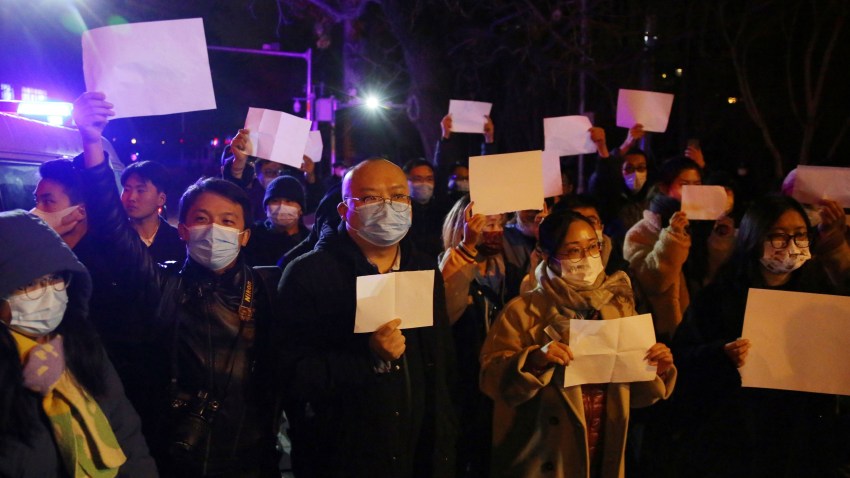Loading your audio article
In the decade since Xi Jinping became general secretary of the Chinese Communist Party, his effort to project an image of a politically monolithic society has been remarkably successful in shaping how Europeans have come to view China. Analysts, scholars and journalists have continued to produce nuanced analysis of what is in reality a complex and diverse country with more than 1.4 billion inhabitants. But the relentless propaganda efforts of Xi’s regime managed to build on stereotypes prevalent across Europe of the Chinese as a disciplined people willing to subordinate themselves to a rigid social hierarchy, reinforcing the notion that Xi has secured the unquestioning loyalty of the Chinese people. This shrewd manipulation of European prejudices by the CCP’s messaging apparatus played a crucial role in shaping policy responses in the European Union and the U.K. toward a society with which most Europeans have had little direct contact.
The success the CCP has enjoyed in influencing European perceptions of China has in turn been crucial to Beijing’s strategy of power projection designed to reinforce belief both inside and outside China that resistance to Xi’s global ambitions is futile. Fears that the Chinese state could mobilize an immense population to gain the geopolitical leverage needed to overwhelm the West has been a recurring theme of European cultural discourse for over a century. Most recently, Beijing’s pursuit of a relentless “zero COVID” strategy that imposed near-total technological control on everyday life to isolate anyone with even peripheral contact to a positive COVID-19 case has reinforced the image of a strictly disciplined society, even as China’s vaccination campaigns have struggled to achieve effective results.
The current CCP messaging effort contains echoes of previous propaganda campaigns. During the 1960s, efforts to convince external audiences that the CCP could count on the self-sacrifice of a loyal people proved remarkably successful in influencing European views of China, despite the reporting at the time about the millions of deaths caused by famine and the Cultural Revolution, both triggered by Mao Zedong’s quest for total control. In the era of economic modernization under Deng Xiaoping in the 1980s and 1990s, growing signs of Chinese manufacturing success were crucial in convincing many Europeans that China’s rise to global dominance might prove unstoppable.

